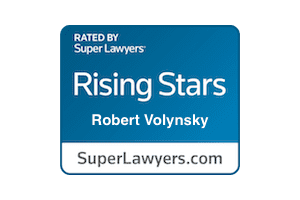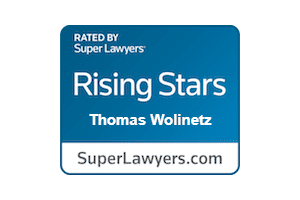



Closed end funds are offered for sale through an initial public offering (IPO) before being sold on the stock market. However, the unique thing about closed end funds is that the issuing company does not release any more shares after the IPO, nor do they buy them back. This means that these stocks can only be bought and sold between investors in the secondary market.
If you have unknowingly invested in closed end funds due to the misguided advice or negligence on your broker’s part, or if they have been overconcentrated in your portfolio and left you with unjustified losses, get in touch with a securities attorney from Weltz Law immediately. Call us at (877) 905-7671.
Closed end funds are similar to open end funds in that they are both professionally managed and charge an annual expense ratio. Both can generate income and distribute capitals gains to shareholders. The key difference is that closed end funds only raise capital once and they tend to be concentrated in one industry or geographical location. On top of that, the stock price of closed end funds fluctuates throughout the day according to market conditions whereas that of open-end funds are priced at a specific time of day. Because closed end funds are traded exclusively in the secondary market, they can only be traded through brokers.
As with any other investment, investing in closed end funds comes with its own set of risks. It is your broker’s job to ensure that you are familiar with the potential risks and rewards and that any recommendations they make fit with your investment profile. Some risks of trading closed end funds include their volatility, their illiquidity as compared to open end funds and the broker fees associated with it. As brokers tend to make a commission each time a client invests in a closed end fund, this can lead to brokers recommending unsuitable products or overrepresenting it in clients’ portfolios.
If you have suffered financial losses from a closed end fund that you were pressurized into investing in, you have legal recourse. A broker is legally and morally bound to conduct due diligence before recommending an investment to you, ensuring that you are made aware of all associated risks and that it fits with your financial goals and risk tolerance. Or if you find that a closed end fund has been overconcentrated within your portfolio, resulting in a bigger loss than your broker has made known to you, damages could be recovered against them as well.
Understandably, many clients face deep distress when they find themselves the victim of broker fraud or negligence. However, you are not alone. Our knowledgeable attorneys at Weltz Law can help you with exploring your legal options and claiming recoveries. We have a collective experience of over 30 years in securities litigation and you can enjoy peace of mind when you engage our services. Contact us today.
Fill out the form below or call 877-905-7671 to schedule your free consultation
By Appointment Only
5 N Village Ave 2nd Floor
Rockville Centre, NY 11570
By Appointment Only
9171 Wilshire Blvd #500
Beverly Hills, CA 90210
Attorney Advertising | Prior results do not guarantee a similar outcome. The information on this website is for general information purposes only. Nothing on this site should be taken as legal advice for any individual case or situation. This information is not intended to create, and receipt or viewing does not constitute, an attorney-client relationship. This site is protected by reCAPTCHA and the Google Privacy Policy and Terms of Service apply.